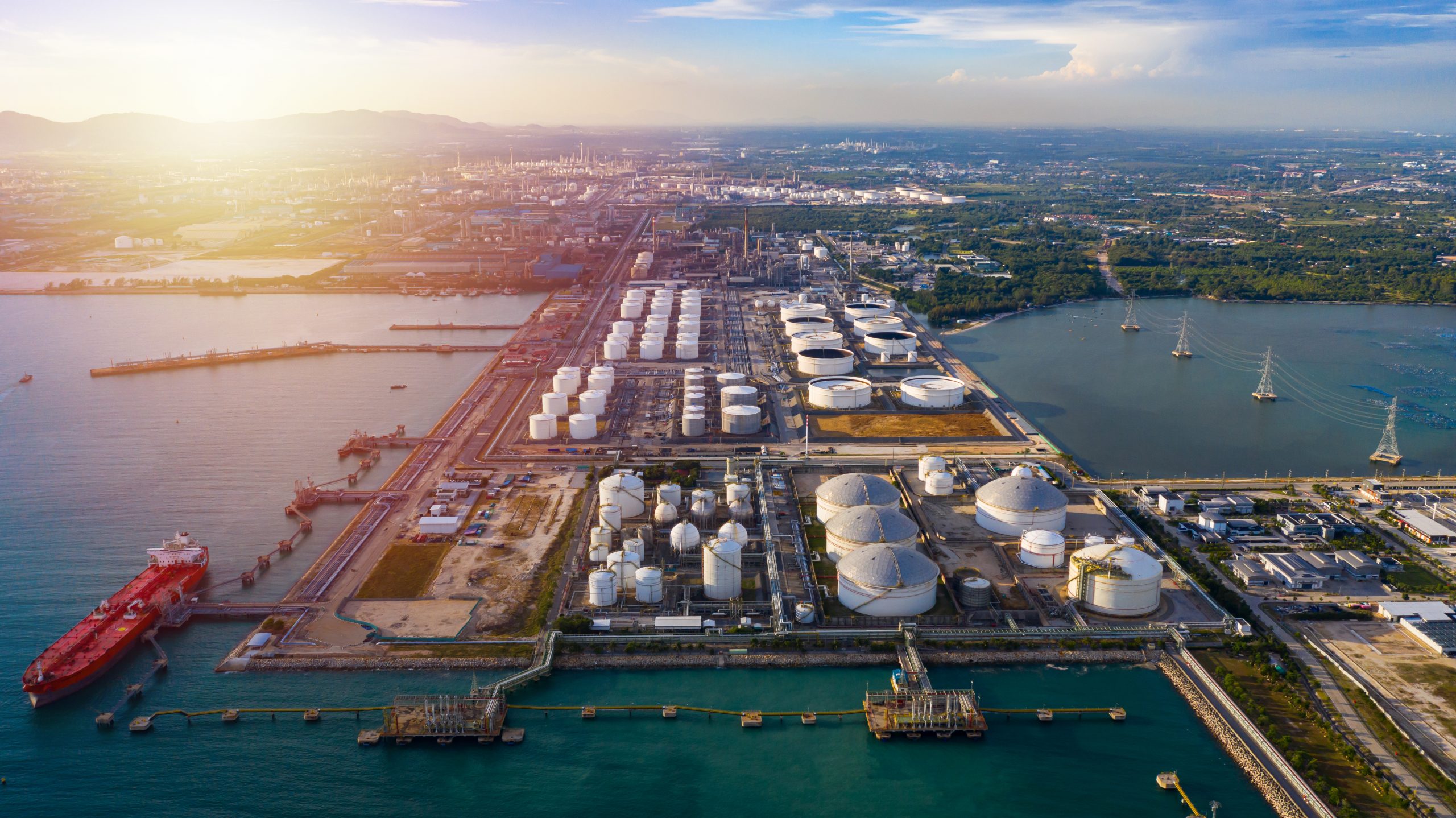
Eesti Gaas CEO: Gas Market Competitiveness Needs Access to LNG Terminal
The CEO of natural gas supplier Eesti Gaas, Margus Kaasik, says that while gas prices have started to fall, it is difficult for suppliers to retain market competitiveness without direct access to a Liquefied Natural Gas (LNG) terminal, such as that recently completed in Paldiski.
Appearing on ERR radio news show “Hommik” Tuesday, Kaasik said that while currently LNG from the US and Norway is reaching Estonia via the long-established floating LNG terminal in Klaipeda, Lithuania: “In October and November, weill bring two large shiploads of LNG; one large ship constitutes 1 TWh, while, to put it into context, Estonia’s current [annual] consumption is 3-4 TWh, or three or four such ships, meaning this way Estonia’s annual supply could be guaranteed.”
According to Kaasik, no decision has been made regarding the location of the floating terminal, a vessel specially fitted-out for the purpose and which could be located on either side of the Gulf of Finland, both because there are now the required facilities in both cases (in Paldiski, and in Inkoo, Finland) and because the Balticconnector pipeline links the two countries in any case, though: “At the moment, the signs are that it will go to Finland. This is my opinion, and there is no decision yet. It could also come here, but it is more likely that it will go to Finland.”
In any case, in the normal run of things, Kaasik said, this is immaterial whether the ship is located in Finland or Estonia, though we are not living in normal times. “We can always bear in mind that if we have a pipeline we have gas, and for the most part we do, but given the world we’re in today, that may not be the case indefinitely,” he said.
The uncertainty of the gas market through the summer led to market participants focusing mainly on selling gas domestically.
Kaasik said: “There were minimal sales in other countries. For Eesti Gaas it is the same. At present we are clearly feeling a greater responsibility for the Estonian consumer than for the customer in Finland, Latvia or Lithuania. We have almost never made supply offers elsewhere. The same is true elsewhere.”
“In other words, when the situation is good, the market works. But if problems arise, the market may not guarantee things, then it no longer matters who owns the gas, and so to speak, neither gas nor money have any ‘nationality’. Well, if trouble is at hand, that’s the case.”
At the Klaipeda terminal, the capacities were mainly taken on by Lithuanian and Polish companies, he said, despite attempts to do so on the part of Estonia.
“We also wanted to obtain long-term capacity from Klaipeda; six vessels were offered for 10 years, or 6TWh for six years. This would have been perfect, and we could also have signed longer-term contracts with suppliers. The option was made in such a way that Lithuanian companies were partly preferred, which is understandable. For the remainder, in terms of this, one parcel was given to [Lithuania’s] older brother, so to speak, the Poles, and the other to their Latvian neighbor, who has gas storage and gas-powered plants and who, unfortunately, was seen as being of a greater value than us,” Kaasik said.
In order to be competitive in an LNG-based gas market, access to an LNG terminal is required, he concluded.
He said: “In England, almost 30 energy companies have gone bankrupt because they simply haven’t been able to cope in today’s very difficult market today.”
“Our wish is that we will still get vessel at the beginning of the year, but the case can also be different. Of course, we still hope that we will get our share of this Finnish-Estonian terminal, but we will probably have to fight hard for it,” he said.
At the same time, the price of gas has started to fall, Kaasik noted. “The price rose steeply until the end of August, after that it actually started to fall. I would like to believe that the Russia’s ‘natural gas war’ will peter out, and the price will move towards normalcy. It is still relatively far from that, but the trend at the moment is quite okay,” he said.
By ERR News, October 11, 2022
